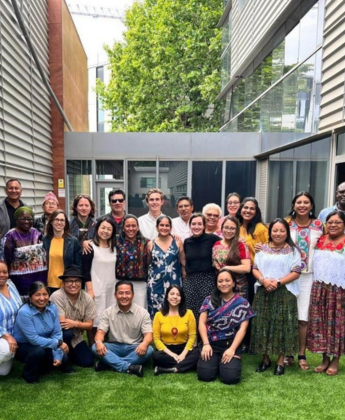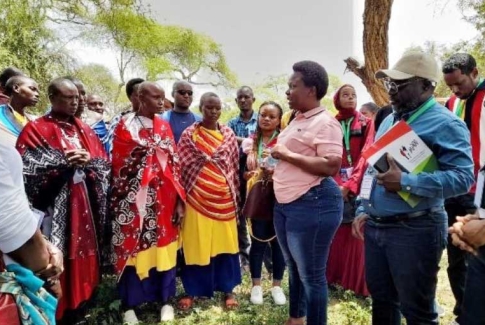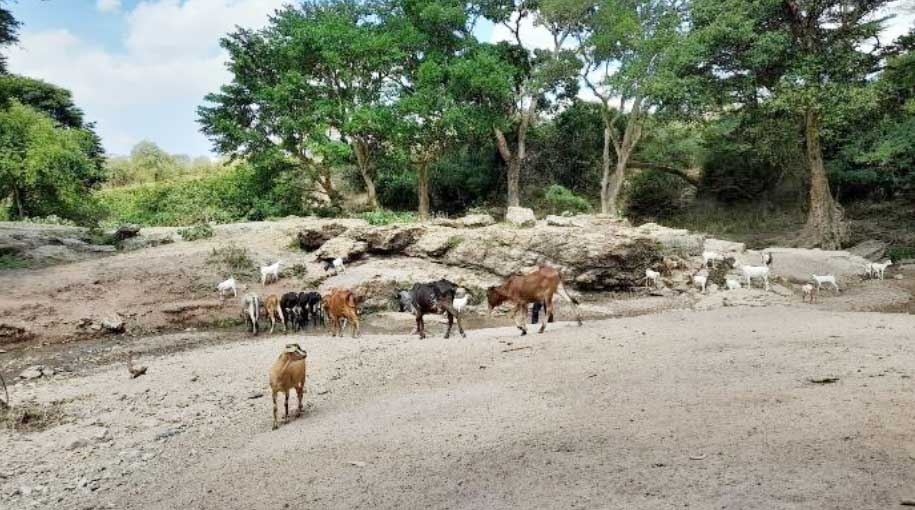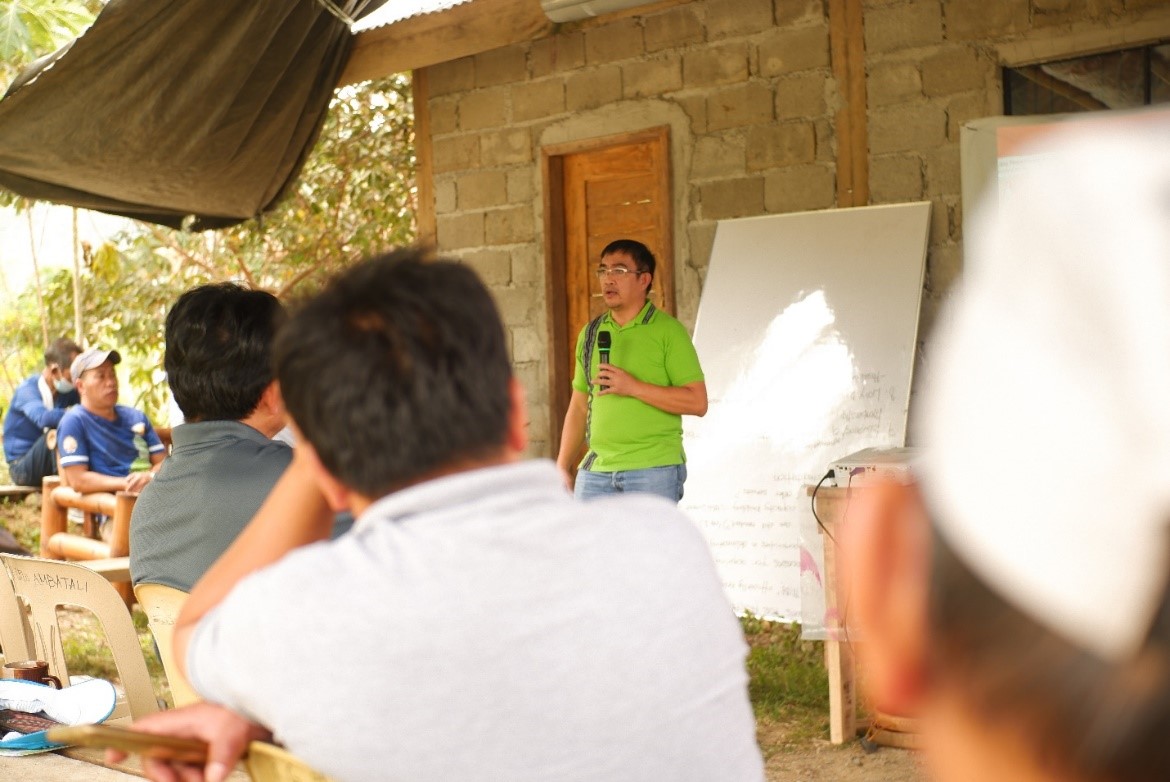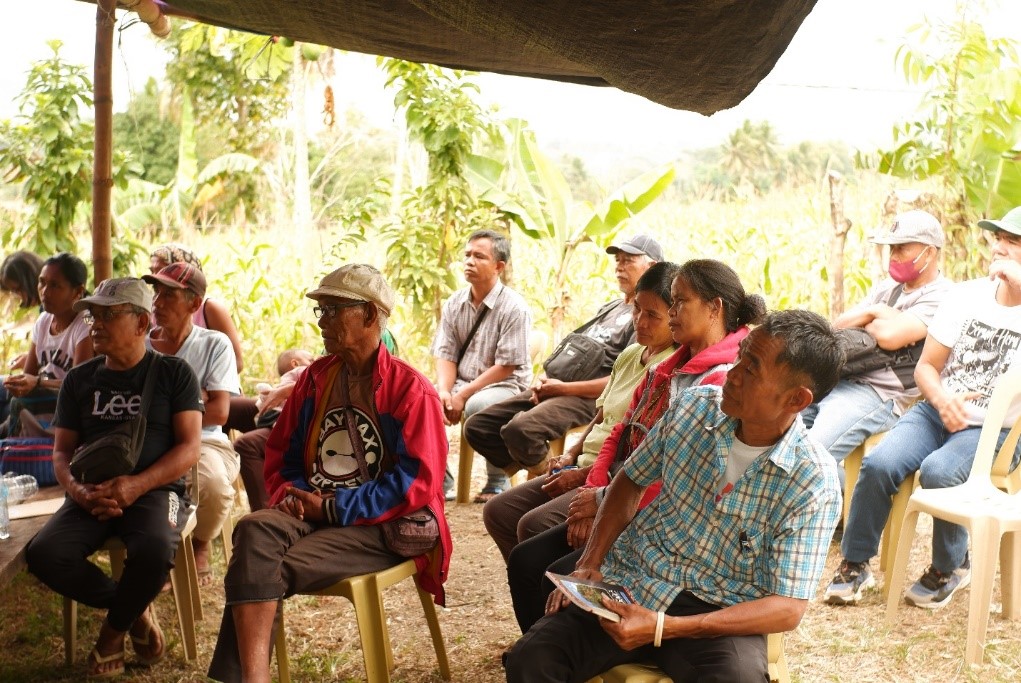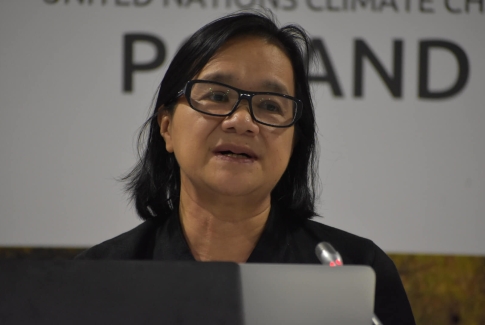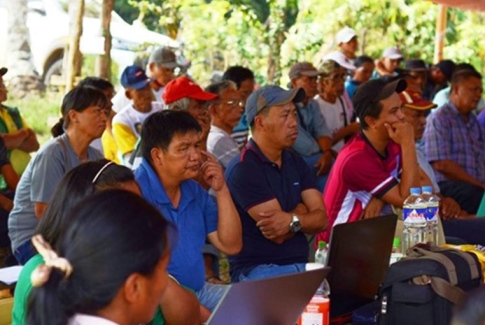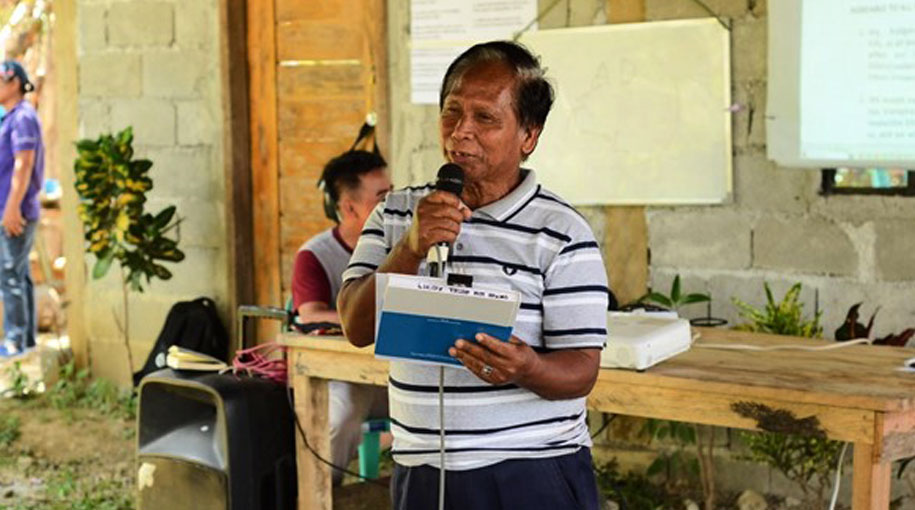
Figure 1 Photo by: IUCN
On May 8-9, 2023, representatives of the International Indigenous Forum on Biodiversity (IIFB) met and with representatives of the Taskforce on Nature-related Financial Disclosures (TNFD) in Barcelona, Spain to discuss how indigenous peoples’ rights and concerns can be better integrated in their nature-related risk disclosure and opportunity management and disclosure framework. It is a parallel process to the Task Force on Climate-related Financial Disclosures (TFCD), from which the draft framework builds and improves on, and directly contributes to the monitoring framework of the Kunming-Montreal Global Biodiversity Framework (KMGBF). This meeting is part of the consultation/engagement phase of TNFD for the KMGBF of which it is in its last phase as the deadline for comments and feedback has already passed on May 30.
It may be recalled that the KMGBF, adopted in COP 15 in December 2022, included a target on ensuring that businesses disclose and manage their dependencies and impacts on biodiversity. The target is a recognition that there are activities, mostly by large transnational companies and their supply chains, that have and can impact biodiversity negatively, as well as support biodiversity actions. The international indigenous peoples movement, in fact, was started partly because of the violations faced by indigenous communities because of business and development projects that impact their lands, waters, territories and resources. As such, a placeholder complementary indicator to monitor progress for this target could possibly be based on the TNFD framework.
During the Barcelona meeting, IIFB representatives (of which a Tebtebba staff is included) emphasized that while there was progress in the draft particularly through the addition of the LEAP framework[1], some gaps and red flags remain. For example, recognizing indigenous peoples as ‘rights holders’ and not just affected stakeholders remains contentious, as the term ‘rights holders’ can be interpreted to mean everyone. The framework is restricted to environmental concerns, despite acknowledgement of the relationship between nature and culture as well as the cross-cutting nature of traditional knowledge and indigenous peoples rights in the KMGBF.
Furthermore, IIFB representatives reiterated that IPLCs were brought in the process only after the framework draft has been developed to react, as opposed to co-developing the framework or at least parts of it where indigenous peoples rights were relevant. Last but not the least, the framework, which is quite comprehensive, is only voluntary. Therefore, there will always be a push and pull on how progressive it can be on the human rights scale and on how many businesses and financial institutions are willing to include additional elements of it in their reporting.
It will be seen during the launching of the finalized framework in September 2023 whether there was uptake on the feedback from IIFB. Regardless, IPLCs cannot only rely on the TNFD framework in the pursuit to protect its territories from negative impacts of extractive industries and transnational companies. There is a continuing call for stronger government regulation of businesses and transnational companies. With the Legally Binding Treaty negotiations still underway (and will probably be for a long while), IPLCs and human rights advocates still need to monitor and engage in the different processes[2] that contribute to making businesses accountable for their human rights and environmental impacts. ###
[1] The LEAP approach is voluntary guidance intended to support internal, nature-related risk and opportunity assessments within corporates and financial institutions. It means ‘Locate, Evaluate, Assess and Prepare’ and it includes a stakeholder engagement approach wherein indigenous peoples rights are articulated. However TNFD does not necessarily recommend all elements in the LEAP approach to be disclosed. [2] For example, there are draft frameworks for social disclosures and inequality disclosures also being developed by TSFD and TIFD respectively, which may be more favorable for human rights due diligence elements


